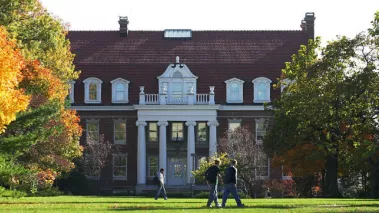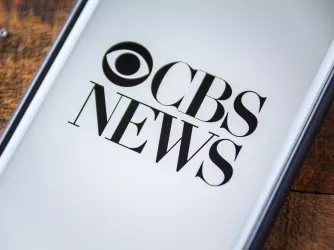Table of Contents
FIRE’s Catherine Sevcenko Explains the First Amendment to Iowa State

As Torch readers know, Iowa State University (ISU) is no stranger to free speech controversies. Two ISU students are currently suing ISU as part of FIRE’s Stand Up For Speech Litigation Project, fighting for the right to use the school’s mascot on their student group’s T-shirts.
Recently, ISU’s Government of the Student Body (GSB) voted not to expand the school’s free speech zones. A GSB senator explained the vote, saying that creating free speech zones all over campus would mean “future students may not have the option to avoid certain areas if they feel uncomfortable or offended by the discussion going on.” The senator argued that ISU’s speech codes, rated “red-light” by FIRE, do not need to be fixed because they’re “not broken.”
Today, FIRE’s Catherine Sevcenko wrote to the Iowa State Daily to explain to students that not only are ISU’s speech codes “broken,” they pose a serious threat to students’ rights:
Actually, Iowa State’s system is very broken. So broken, in fact, that two students have sued the university for violating their free speech rights. Last January, administrators actually rewrote Iowa State’s trademark policy to forbid the school’s name from being associated with “unhealthy behavior” and then used the rule to censor T-shirt designs of the campus chapter of the National Organization for the Reform of Marijuana Laws. Administrators didn’t explain how simply advocating for pot legalization could be unhealthy, and they still haven’t. But complaints about the T-shirts from donors and state legislators could have proven hazardous to Iowa State’s fundraising efforts — apparently that was close enough.
ISU’s free speech troubles aren’t limited to free speech controversies and trademark policies, Catherine notes:
The problem lies in Iowa State's harassment policy, which says the university may prohibit speech that is “unacceptable” even if it doesn’t meet “the legal definition of harassment.” Who decides what is unacceptable? Bureaucrats at Iowa State, presumably. How do you know if you’re being unacceptable? Simple: You don’t. That’s why rules like this are unlawful on America’s public campuses — there’s no way they can ever be fair.
Catherine also reminds ISU students that their rights are not subject to the whims of the school’s administration or student government:
The Constitution, the supreme law of the land, states that the government may not “abridge the freedom of speech.” There is no carve-out for the wishes of student senators or public university administrators. The Supreme Court has been crystal clear: A government actor like Iowa State can’t silence speech it doesn’t like nor can it silence a speaker because someone else might not like the message.
Check out the rest of Catherine’s letter.
Recent Articles
FIRE’s award-winning Newsdesk covers the free speech news you need to stay informed.

The FCC's show trial against CBS is a political power play

UPDATE: Another federal appeals court backs academic free speech for public employees

Feds to Columbia: ‘You want $400 million in contracts back? Do this (or else)’
